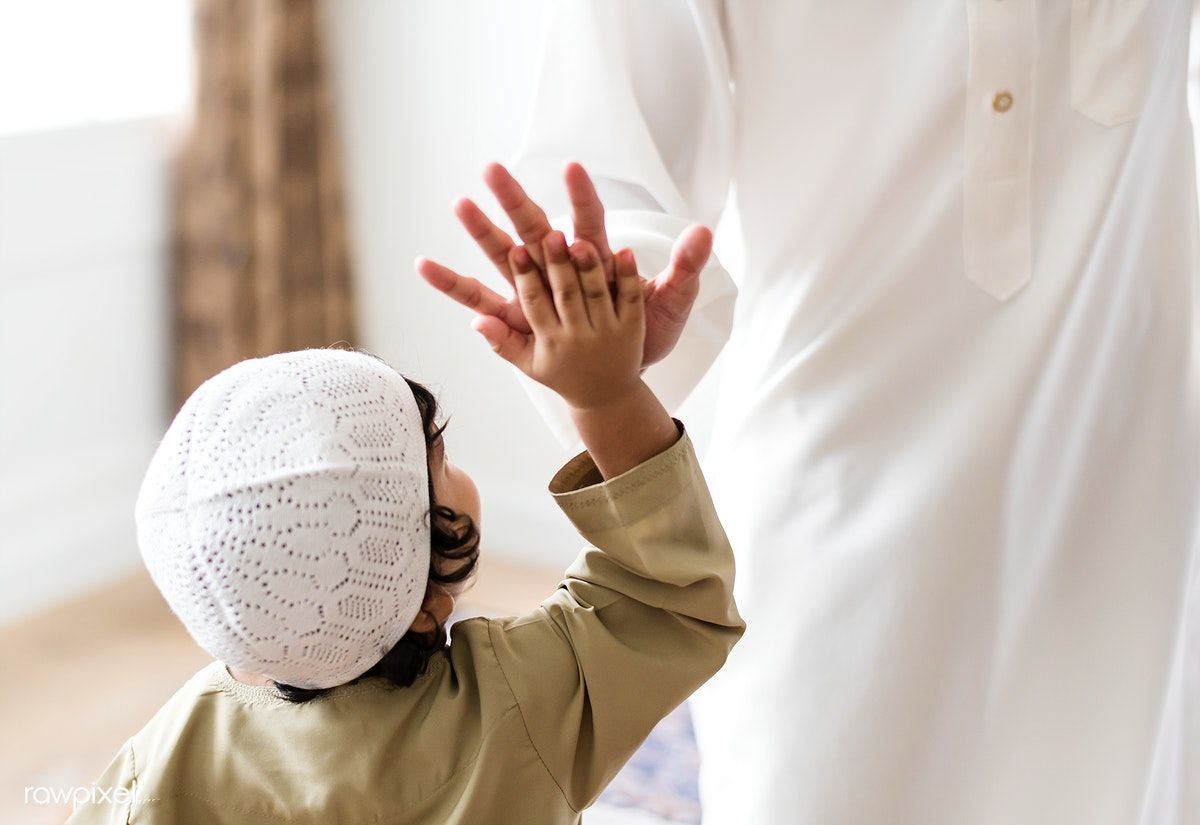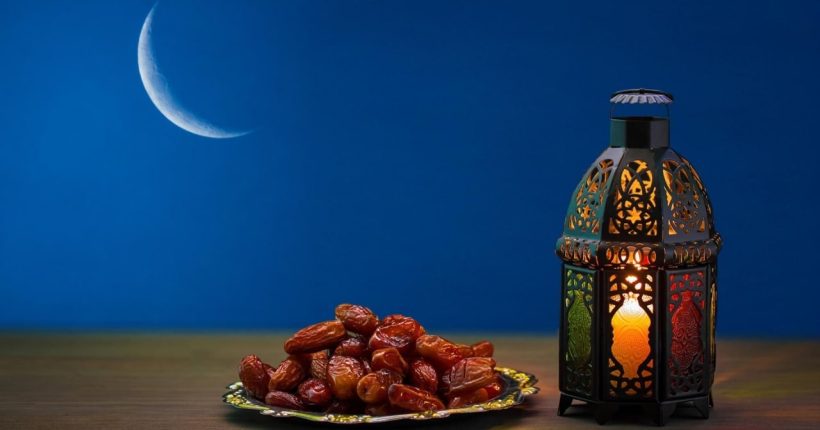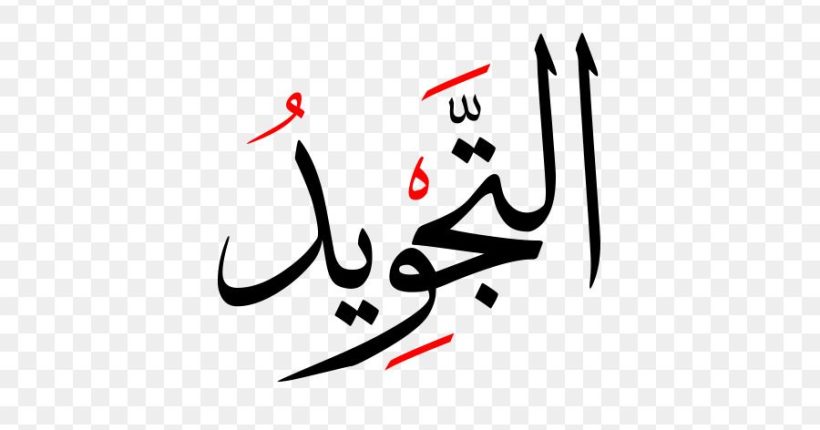How Muslims celebrate Islamic New Year is a question many people ask, and the response is breathtakingly beautiful and deeply meaningful. Unlike most traditional New Year’s festivals, the Islamic New Year is an occasion for quiet reflection, spiritual renewal, and veneration of the Prophet’s path.
In this article, you will discover how Muslim and communities worldwide mark this holy holiday and why it’s an extraordinary start to the Hijri calendar year.
What is the Islamic New Year?
The Islamic New Year, also known as the Hijri New Year, is the commencement of a new year in the Islamic lunar calendar. It starts with the month of Muharram, which is among the four sacred months in Islam.
For Muslims, learning about the Islamic New Year is important as part of learning about Islamic history and religious principles. When considering How Muslims celebrate Islamic New Year, it is helpful to know that the focus is not on celebrations or decoration, but on reflection, prayer, and personal growth.
The Islamic calendar began with a great event in Muslim history: the Hijrah, or the migration of Prophet Muhammad (peace be upon him) from Makkah to Madinah. It was such a great event that it was employed as the origin of the Islamic calendar.
Thus, upon understanding How Muslims celebrate Islamic New Year, it must be remembered that the event reminds the Muslims of the Prophet’s journey, sacrifice, and commitment to Allah.
How Muslims Celebrate Islamic New Year Spiritually
Islamic New Year is a time of focus on religion, contemplation, and self-improvement. There are no fireworks and parties as in other culture’s New Year’s celebrations. This How Muslims celebrate Islamic New Year spiritually:
1. Recalling the Hijrah (Migration)
Muslims celebrate the Hijrah, the migration of Prophet Muhammad (ﷺ) from Makkah to Madinah.
It’s the time to think about sacrifice values, belief in Allah, and fresh starts.
Learning about the Hijrah gives Muslims a sense of How Muslims celebrate Islamic New Year by marking Islamic history.
2. How Muslims celebrate Islamic New Year by Making Du’a (Supplication)
Muslims begin the new year by making sincere du’a, asking Allah for guidance, forgiveness, and blessings.
Some specific du’as are typically shared at this time, such as the New Year Du’a.
This spiritual practice shows How Muslims celebrate Islamic New Year through intense devotion to Allah.
3. Setting Spiritual Objectives
Muslims use the new year to reflect and establish objectives for personal growth.
Objectives can include reading more Quran, improved prayer times, or learning more Islamic things.
This intentional reflection is an important part of How Muslims celebrate Islamic New Year with intention.
4. Learning and Teaching
Families also use the time to teach their children about Islamic values and the Hijri calendar.
Parents can sit together and read Islamic stories, watch videos, or take short online courses.
Teaching the younger generation is an important part of How Muslims celebrate Islamic New Year as a family.
5. Lectures or Online Conferences
Lectures or online conferences regarding Muharram and the New Year are typically arranged by most mosques and Islamic centers.
These events focus on reflection, learning, and community.
Students gain knowledge of How Muslims celebrate Islamic New Year in a mood of oneness through such events.
Observing Ashura During the New Year
A quite central part of Muslims’ observance of Islamic New Year is the recognition of the significance of Ashura, the 10th day of Muharram. It is a very historical and religious event in Islam and is remembered in several ways by Muslim societies worldwide.
1. What Is the Day of Ashura?
The term Ashura comes from the Arabic word asharah, meaning “ten,” and is the 10th of Muharram.
It is a day marking important events in Islamic history, which are:
The day Allah liberated Prophet Musa (Moses) and the Children of Israel from Pharaoh.
It is necessary for most Muslims to learn about Ashura to understand How Muslims celebrate Islamic New Year with meaning and reflection.
2. Fasting on Ashura
Fasting on the 10th of Muharram is strongly encouraged as a Sunnah.
The Prophet Muhammad (ﷺ) himself observed the fast on this day and asked Muslims to do so too, saying that it would nullify the sins of the previous year (Sahih Muslim).
Some people also observe the fast on the 9th or 11th of Muharram to differentiate it from the Jewish practice of fasting on the same day.
The practice is an indicator of the religious diversity of How Muslims celebrate Islamic New Year.
3. A Time of Gratitude and Reflection
Ashura’s not just fasting, it’s a day of gratitude to Allah, forgiveness, and learning from the past prophets.
Muslims use this opportunity to teach children about such events by telling them stories, engaging in discussions, or even simply performing activities.
Incorporating these practices into family education helps strengthen How Muslims celebrate Islamic New Year meaningfully.
Cultural Practices Around the World
While Islamic New Year is usually a quiet and contemplative time, Muslim celebration of Islamic New Year can seem varied among communities and cultures. These cultural practices, although with the same belief system, add diversity and richness to Muslims’ celebration of this special time.
1. How Muslims celebrate Islamic New Year with Quiet assemblies and mosque activities
In the majority of countries, mosques have special addresses or sermons on the Hijrah and lessons from the migration of the Prophet Muhammad (ﷺ).
Individuals can gather for group du’a sessions, recitation of the Qur’an, or spiritual reminders.
All these public activities indicate How Muslims celebrate Islamic New Year by gathering to enhance knowledge and spirituality.
2. Indonesia: Public Reflections
In Indonesia, Muslims can take part in peaceful torchlight processions or street parades, especially in small towns.
Although these happenings are cultural in character, they are nonetheless a showcase of How Muslims celebrate Islamic New Year with a sense of remembrance.
3. Egypt: Quiet Observance with Family
In Egypt, Islamic New Year is less tumultuous. The family may have a special home-cooked meal, share stories about Islamic history, or share personal dreams.
They may visit mosques or watch Islamic speeches on television.
This quiet family time is an important example of How Muslims celebrate Islamic New Year as a personal, reflective event.
Want to Explore More About the Islamic New Year?
Learn how Muslims celebrate Islamic New Year across cultures with deep spiritual meaning.
Teach kids about Islamic New Year with fun, age-appropriate learning activities.
Discover the inspiring history of Islamic New Year and the Hijrah of the Prophet Muhammad (ﷺ).
Understand the spiritual significance of Muharram and its place in the Islamic calendar.
Learn about the power of fasting on Ashura and why it’s a highly recommended Sunnah.
Find thoughtful and warm Islamic New Year wishes to share with your family and friends.
Try meaningful and fun Islamic New Year activities for kids to make the occasion memorable.
Thinking of traveling? Read about the spiritual rewards of Umrah in Muharram.
Conclusion
The Islamic New Year is not just a date on the calendar, it’s a chance to pause, reflect, and begin again with a renewed heart. As we’ve explored, How Muslims celebrate Islamic New Year is deeply rooted in spiritual reflection, prayer, family values, and learning from history.
Whether through fasting on Ashura, attending a mosque lecture, or teaching children about the Hijrah, each practice brings Muslims closer to their faith and to one another.



